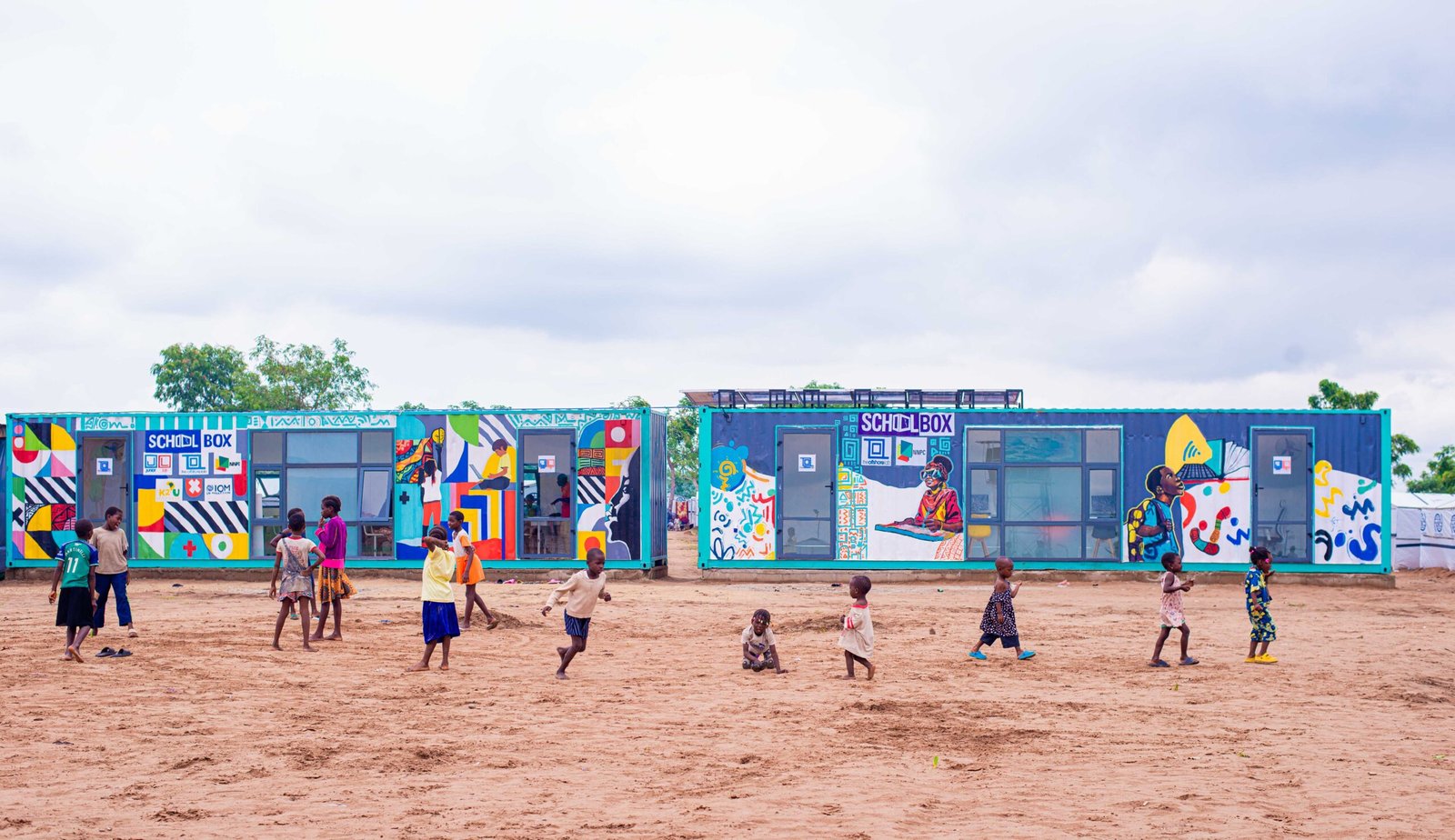Nigeria is home to one of the youngest populations in the world, a generation full of potential, energy, and ambition. With a median age of just 18, the country stands at a pivotal moment to harness the power of its youth to fuel economic growth, innovation, and social change. Yet, this promise faces growing challenges.
Today, over 10 million Nigerian children are out of school – the highest number on the African continent and one of the highest globally. These children are not just missing out on education; they are being denied the opportunity to reach their full potential. The reasons are complex and deeply entrenched: insecurity, displacement, cultural barriers, teacher shortages, and decaying infrastructure all contribute to a national crisis that has persisted for decades.
Yet, amid these challenges, something is shifting. Across Nigeria, a growing movement of educators, innovators, social entrepreneurs, and local communities is stepping up – not to replace government policy, but to complement it. They are reimagining what education can look like, especially for children in crisis-affected and underserved communities.Their goal is clear: to deliver sustainable, dignified and scalable interventions that can bridge the gap between promise and possibility. These emerging solutions are diverse in form but united in intent. From solar-powered mobile classrooms and radio-based learning programs to community-led teaching hubs and low-bandwidth digital tools, they all share one critical characteristic: they are built for context.
They recognize that Nigeria’s challenges require Nigerian solutions – designed to work with, not against, the unique social, economic and geographic realities on the ground. One standout example is SchoolBox by The Offshore Lab – a rapid-response, modular classroom solution designed specifically for emergency and transitional education needs.
Each SchoolBox is made from a recycled shipping container and transformed into a safe, solar-powered learning space – equipped to function as a classroom, ICT lab, or WASH (water, sanitation and hygiene) facility. The units are durable, mobile and can be deployed in just 14-21 days. Each SchoolBox is formally twinned with a nearby government primary school and anchored by two institutional partners, the State Ministry of Education and SUBEB, so our lesson plans line up page-for-page with the national curriculum.
Too many children are missing out on learning simply because there is no physical space or infrastructure to support them, says Emeka Obiwulu, CEO of The Offshore Lab. SchoolBox was born out of the need to bring education to where children are – whether that’s in an IDP camp, a conflict zone or a remote community forgotten by traditional infrastructure.
In May 2025, the first installment of Schoolboxes were unveiled at an Internally Displaced Persons (IDP) camp in Benue State and since then, a batch of 10 SchoolBoxes have been commissioned and are currently under production for distribution to the SS, NW and NE regions of the country. These are not just temporary fixes; they are part of a growing wave of interventions aimed at creating continuity in learning, even in the face of displacement and instability.
We’re seeing a shift from asking ‘Why are children out of school?’ to ‘How can we reach
them where they are? Obiwulu notes. That’s where real change starts, with solutions
that meet children in their context, not just in policy.
Of course, SchoolBox is not alone. In northern Nigeria, organizations like the Safe Schools
Initiative are working to protect educational spaces from insecurity while providing alternative learning pathways for displaced children. In Kano, educational radio programs have become a lifeline for students during prolonged school closures. And across Lagos and Abuja, edtech startups are developing offline-first apps that allow students to access content without constant internet access – a critical feature in regions where connectivity is unreliable.
These efforts are not about building parallel systems. Rather, they are about reinforcing the existing public education framework, filling gaps, and enabling continuity where traditional models fall short. Importantly, they demonstrate that when government, community, and private sector actors collaborate, meaningful change becomes not only possible, but scalable.
Still, the road ahead is long. But the benefits of addressing this significant challenge makes it
worth the effort. The ripple effects of getting even a fraction of these 10 million children back
into classrooms – in any form – would be profound.
We also need to embrace a mindset shift – one that places dignity, inclusion, and speed at the centre of educational access. Children shouldn’t have to wait months – or years – to return to learning simply because their schools were destroyed, or their communities are hard to reach. Solutions like SchoolBox prove that with the right combination of empathy, innovation, and will, we can respond faster and more effectively.
As Nigeria looks to the future, the biggest investment it can make is in the minds of its youngest citizens. The 10 million children currently out of school are not just a statistic; they are the doctors, engineers, teachers, and leaders of tomorrow. Ensuring they have a chance to learn is not just a moral imperative – it is a strategic one.
The blueprint is already being drawn. It is being shaped by visionaries who believe that no child – no matter where they are – should be left behind.
And if we follow that blueprint, the promise of a truly inclusive, resilient and empowered Nigeria may not be so far out of reach after all.
Sponsored Content
The post Solving Nigeria’s Out-of-School Student Crisis with Sustainable, Dignified Interventions appeared first on BellaNaija – Showcasing Africa to the world. Read today!.
Discover more from viewnowafrica.com.ng
Subscribe to get the latest posts sent to your email.



